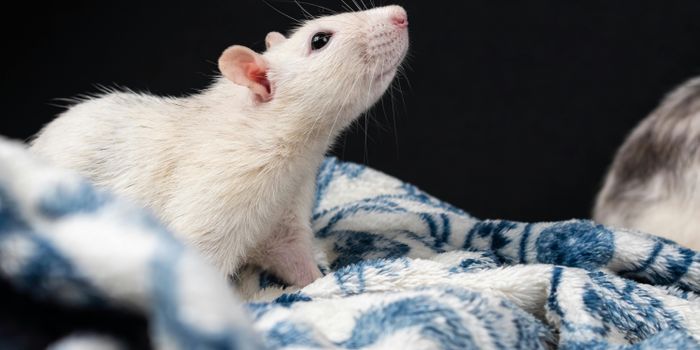Deltacron: How Dangerous Is It?
It turns out you can have Delta and Omicron at the same time, and it can lead to the recombinant variant deltacron. First detected in France in January of this year, deltacron is a genetic mixture of the two variants.
Although rare, recombinant viruses like deltacron can come about when one cell is infected with both virus strains at the same time and the two strains share genetic material. Most hybrid samples detected so far have a genetic code similar to Delta with Omicron's spike protein. These combinations can occur when waves of both strains overlap and infection rates are high.
Dr. Maria Van Kerkhove, the World Health Organization's technical lead on COVID-19, reported that deltacron currently appears to be circulating at very low levels.
Researchers in a preprint released in medRxiv collected data on COVID cases from November 2021 to February 2022 and concluded that deltacron infections during overlap of the two waves were rare and not found to be more transmissible than Omicron variants.
Because deltacron contains the same spike protein as Omicron, antibodies generated from Omicron are expected to be protective against deltacron.
Authors of a perspective published by the Chinese Center for Disease Control and Prevention reported that although this is not the first time a recombinant COVID-19 virus has been identified, it is the first recombinant to involve such large genomic fragments. It is also, as Scott Nguyen from the Washington, D.C., Public Health Laboratory stated, the first recombinant between two major coronavirus variants.
Eric Topol, a professor of molecular medicine at the Scripps Research Institute in California, warned that although deltacron may not be much cause for concern, it could warn of other recombinants to come.








